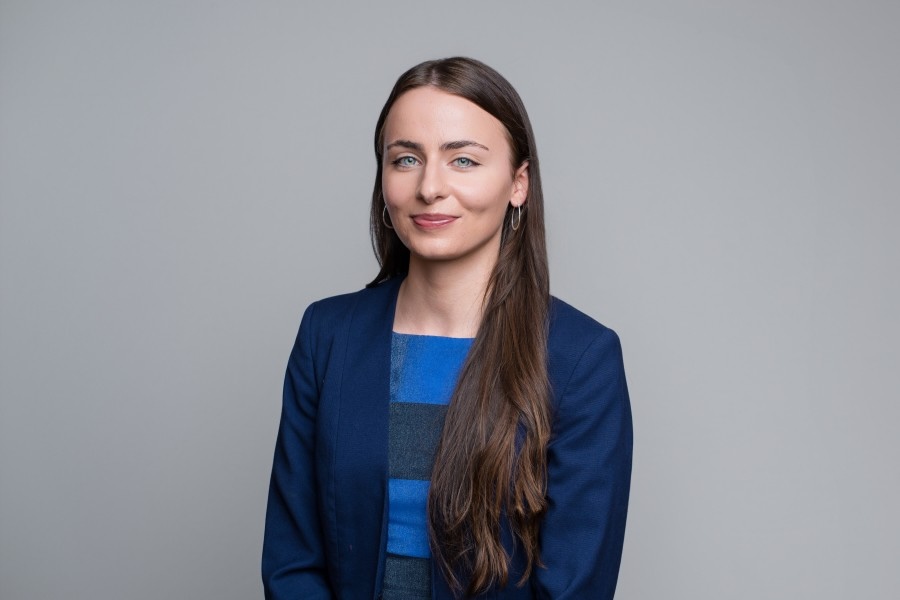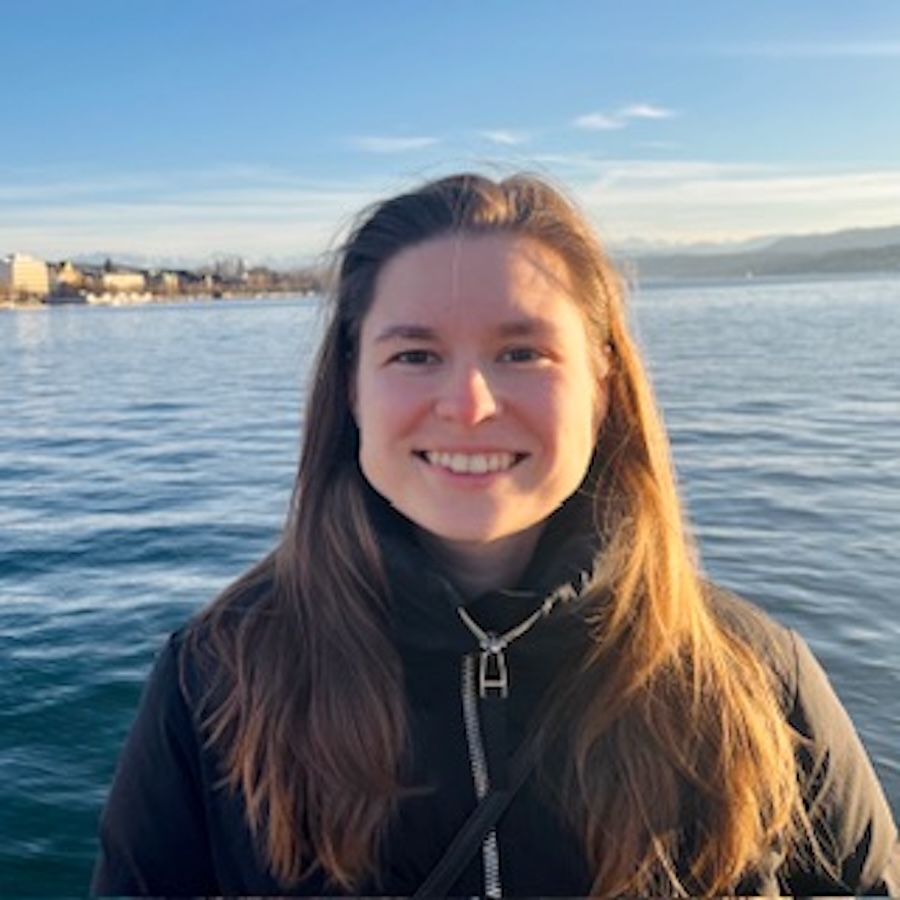What have you been up to since graduating from Bowdoin?
The summer I graduated from Bowdoin, I moved to Durham, North Carolina, to begin my master’s program in applied ethics and policy at Duke University. There, I specialized in digital equity and responsible AI. I also worked on a diverse range of projects, including researching regulatory perspectives on data quality for LLMs, surveying US media literacy legislation, and delivering a report on Colombian data policy. After graduating in December, 2023, I worked at the Upward Bound program at University of Chapel Hill, North Carolina, designing programs to support high school students on their way to becoming first-generation college students.
Last spring, I took part in Data & Society’s “Connective (T)Issues” workshop, which convened a group of scholars and practitioners to examine how digital infrastructures transform built, natural, and social environments. In August, 2025, I became a NobleReach Scholar and joined my 27 fellow scholars for two weeks in Washington, DC, focused on mission-driven innovation and collaboration between the public and private sectors. A month later, I moved to Seattle to join the mayor’s PACT (Permitting Accountability and Customer Trust) initiative as the permitting acceleration strategy and technology fellow. I am leading usability testing for a pilot AI tool designed to streamline permit applications and developing community feedback plans to guide equitable and responsible permitting initiatives.
Why digital and computational studies?
When I discovered DCS, I was already an English major. I loved close-reading literary texts and confronting the many questions that process invited me to ask. I was also fascinated by the evolution of digital technology, having grown up hearing stories from my father and grandfather, who began their programming careers in the 1980s and 1950s, respectively. DCS showed me I could connect these interests and use analytical tools to interrogate or "close-read" the material, computational, and social dimensions of technologies.
While studying DCS, I interned with AARP Maine and supported the team’s advocacy around broadband access. That experience, combined with my own life in rural Maine, sparked my interest in digital equity. My DCS capstone, a statewide survey of local leaders on capacity-building for digital equity, laid the groundwork for future research in graduate school, including a published study based on interviews with rural Mainers about broadband’s impact on their communities and imagined futures.
DCS trained me to take a human-centered, multidimensional view of technology. In digital equity research, this meant looking beyond access to also consider meaningful adoption, technology use shaped directly by the needs, priorities, and values of the people it affects. This human-centered approach continues to guide my thinking and the work I do.
Are there any classes, professors, or experiences that had a lasting impact on you?
Professor Crystal Hall has been a wonderful mentor to me and someone who has really pushed my thinking and my methods. Through Professor Hall’s support, I published my first paper and learned to trust my ideas. Professor Fernando Nascimento also greatly encouraged me and challenged my thinking. His talks on the digital common good, practical wisdom, the capability approach, and other perspectives were foundational for me and have provided constant inspiration over the years. Professor Nascimento also served as the faculty advisor for the digital equity-focused ASB trip I co-led my senior year, which was one of the highlights of my time at Bowdoin.
What advice would you give to current students or recent graduates interested in your field?
My advice to current DCS students or recent grads would be to stay optimistic. Innovation in tech moves so fast that it can be hard to keep up, and it can also be disheartening to watch innovation outpace efforts to guide it toward the common good. Optimism is critical in this environment and, ultimately, a tool for creating meaningful interventions. I would also say: stay open. I would encourage students to embrace the range of opportunities DCS opens up.

